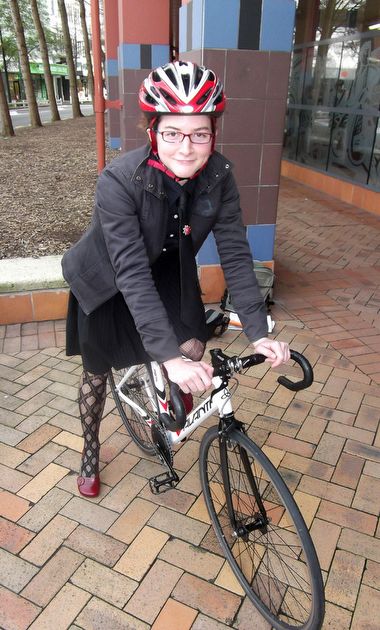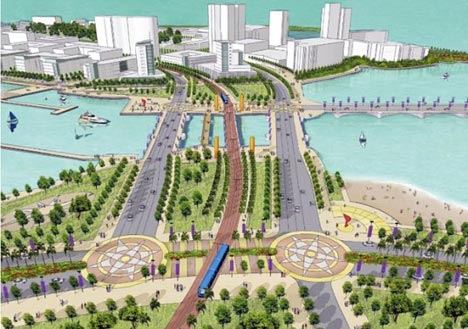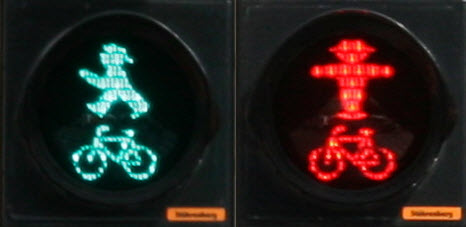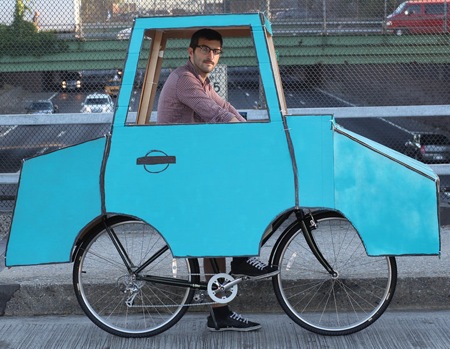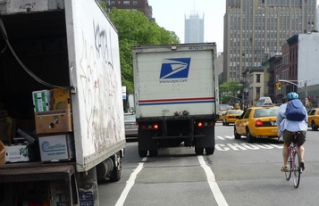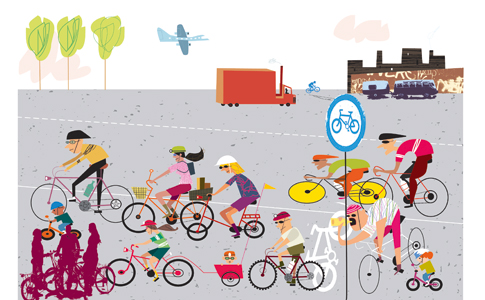Share The Road
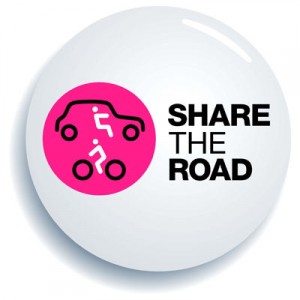
Share the Road is a campaign, started in London in 2008, that speaks to all road users as people. We advocate simply that we all respect each other’s equal right to use the road.
What does it all mean?
We all use the roads. Some of us prefer to drive, some ride, others walk.
But it’s easy to forget that road users are all the same people; they just chose to travel in a particular way on a particular day.

